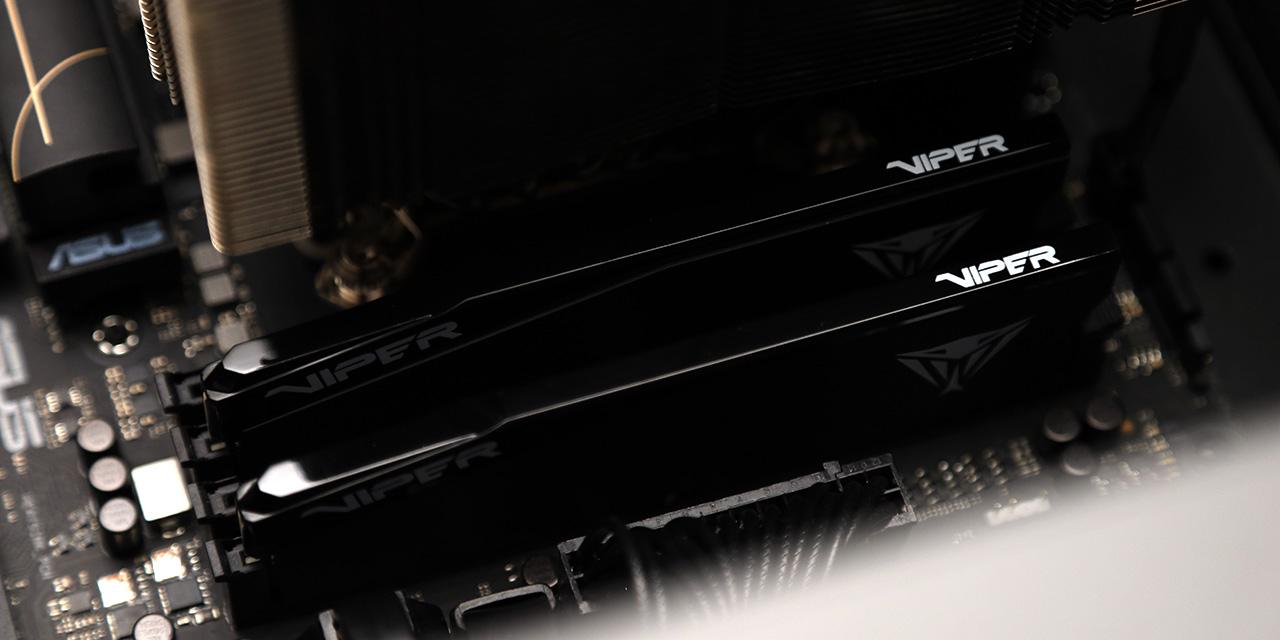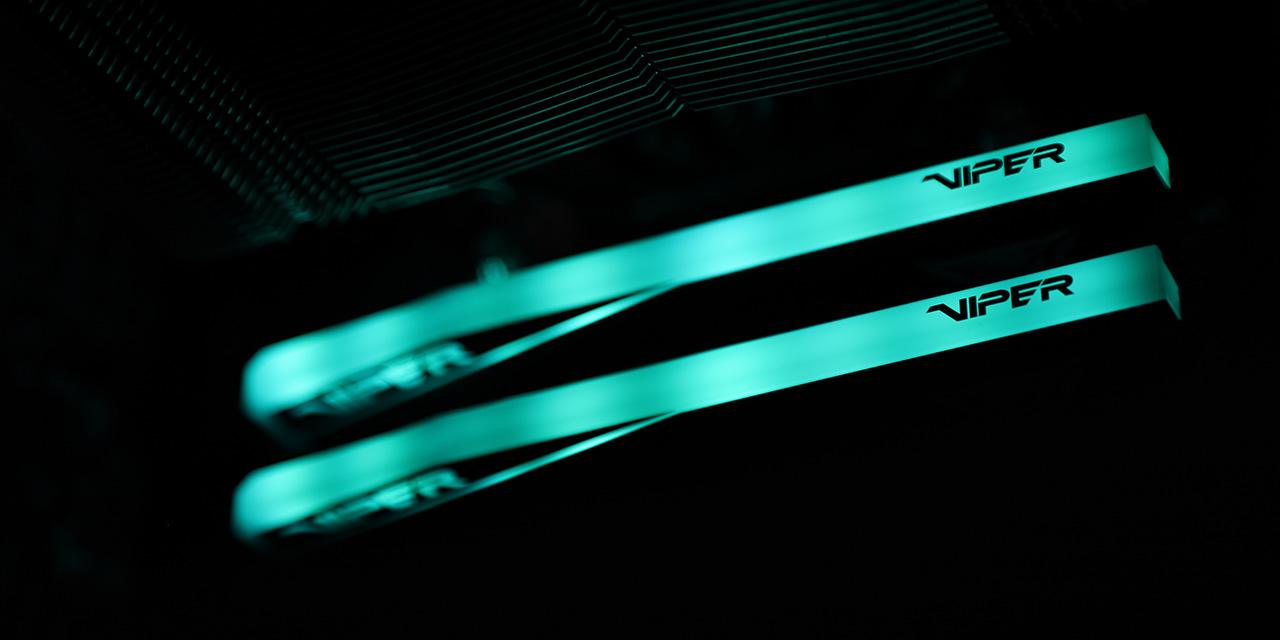|
From DailyTech: Apple has been bragging about the security of its new operating system, OS X 10.6 "Snow Leopard". Leaping from Leopard to Snow Leopard, Apple gives its users limited antivirus/anti-malware protection (the feature currently only detects two signatures out of a handful of known OS X malware signatures). Still, security experts aren't so hot on Snow Leopard, criticizing the operating system's default firewall setting of "off", its lack of fully automatic updates, and weak anti-phishing efforts for Safari. They also weren't impressed that Apple shipped with a vulnerable version of Flash, which downgrade users from the respectively safer current version. Now one prominent Mac hacker has pointed out a significant difference that makes Snow Leopard less secure than the upcoming Microsoft OS, Windows 7. Charlie Miller, of Baltimore-based Independent Security Evaluators, the co-author of The Mac Hacker's Handbook, and winner of two consecutive "Pwn2own" hacker contests is about as experienced as OS X hackers come. He recently criticized Snow Leopard, stating, "Apple didn't change anything. It's the exact same ASLR as in Leopard, which means it's not very good." ASLR is address space layout randomization, a security technology that randomly assigns data to memory to make it tougher for attackers to determine the location of critical operating system functions. According to Mr. Miller, unlike Windows 7, which features robust ASLR, Snow Leopard's ASLR is half-baked. It does not properly randomize the heap, the stack and the dynamic linker, the part of Snow Leopard that links multiple shared libraries for an executable. This means that it's much easier for hackers to attack Snow Leopard via memory injection than Windows 7. View: Article @ Source Site |
 |
Hacker: Apple's Snow Leopard Protections Weaker Than Windows 7's
© Since 2005 APH Networks Inc. All trademarks mentioned are the property of their respective owners.





